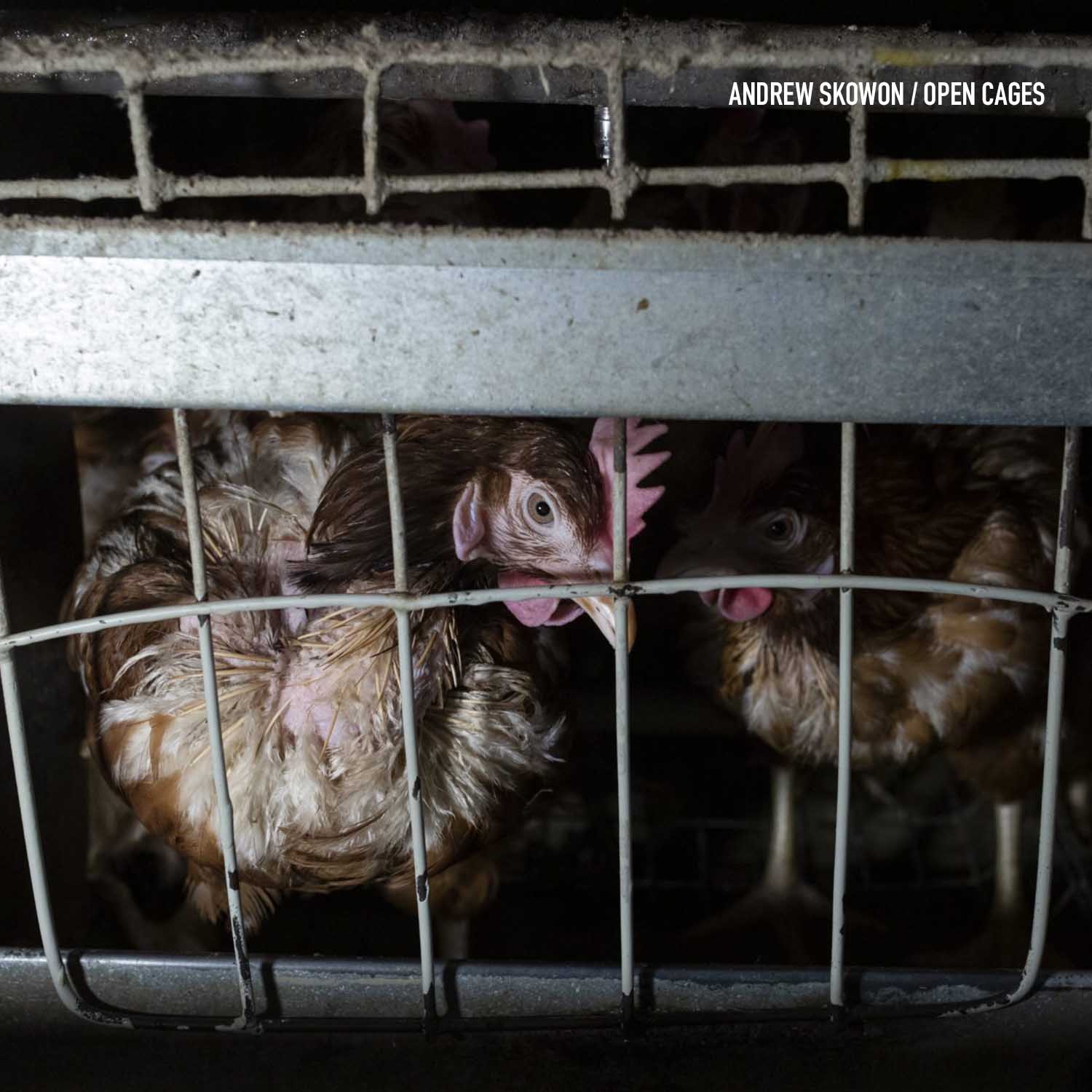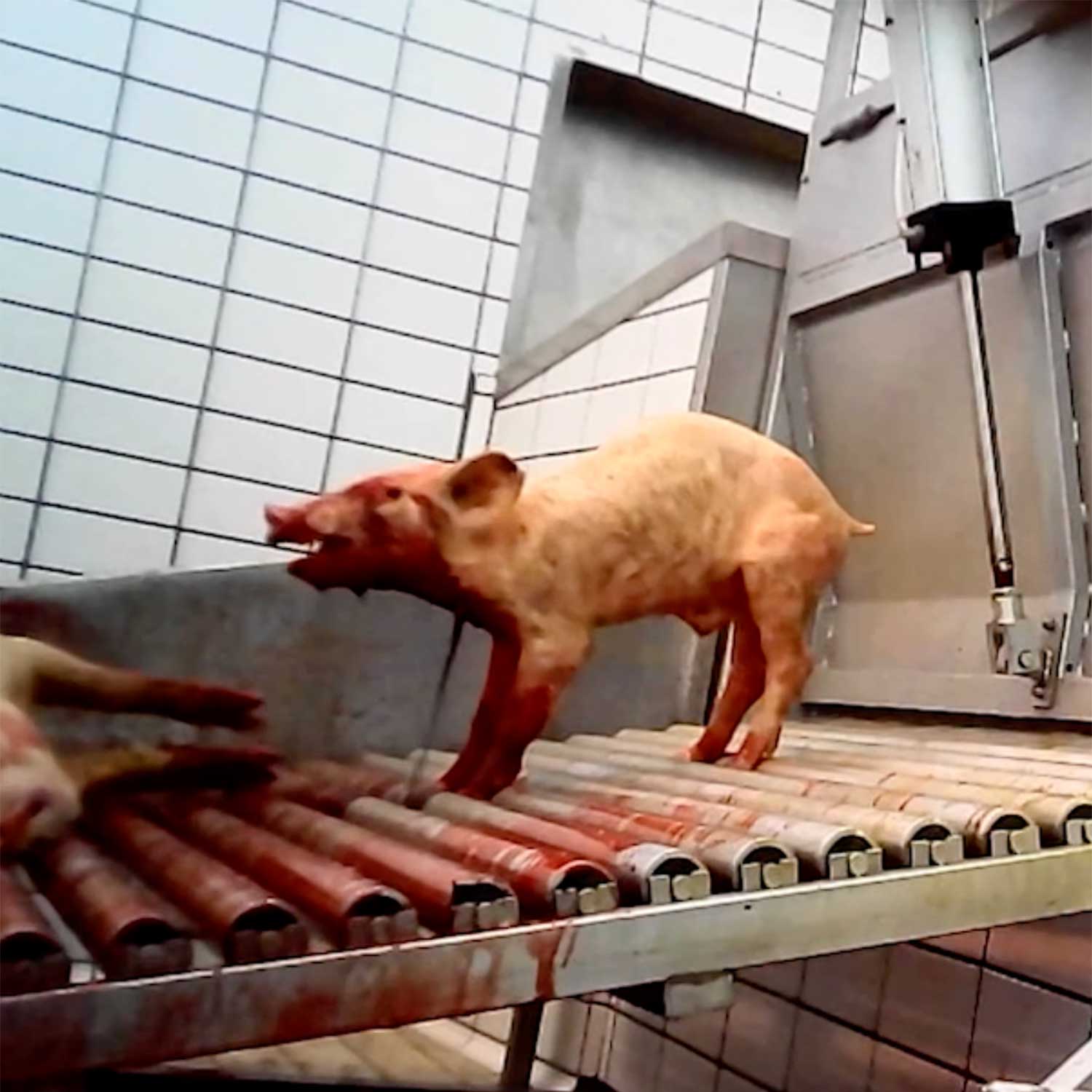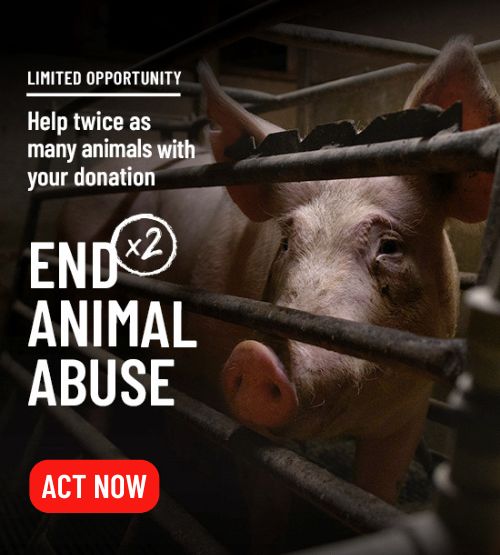Progress: Shenzhen Bans Dog, Cat, and Wild Animal Meat

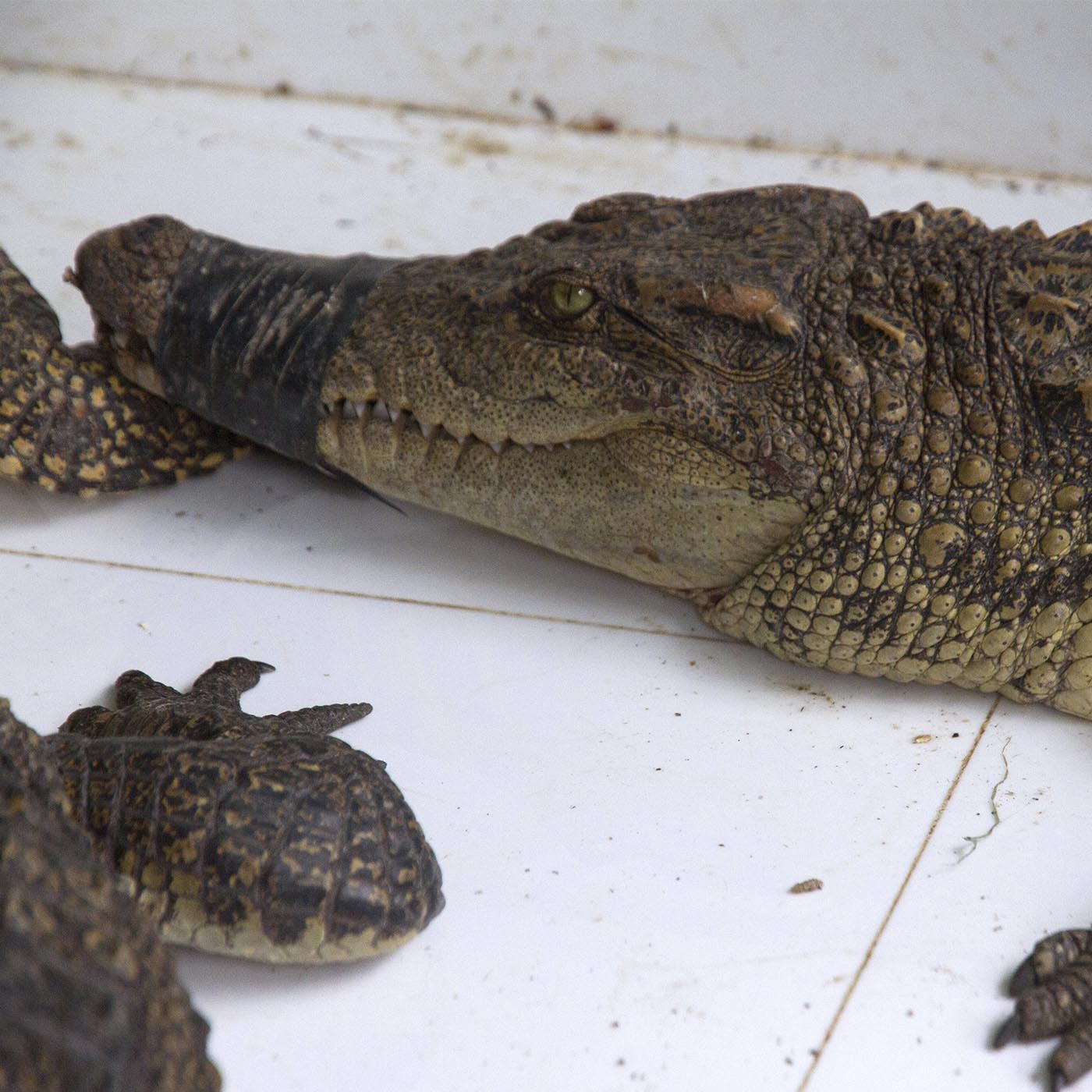
In a move that will give some relief to animals and help prevent the spread of zoonotic diseases, the Chinese city of Shenzhen has permanently banned the consumption of cat and dog meat and the trade and consumption of wild animals.
ENFORCING THE RULES: The measure will take effect on May 1, 2020 and includes minimum fines of 100,000 yuan (14,000 U.S. dollars) for anyone caught selling or eating wild animals or eating dog or cat meat.
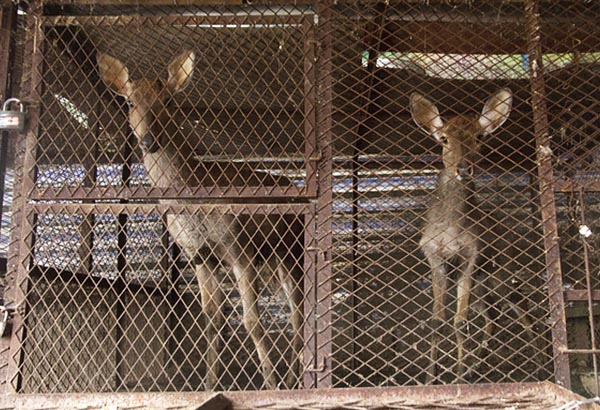
ANIMALS NEEDLESSLY SUFFERING: In China, it is estimated that more than 10 million dogs are killed each year for their meat and fur. These animals spend most of their lives languishing in cramped, filthy cages.
REDUCING THE SPREAD OF DISEASE: The permanent ban on the consumption of wild animals is not only good news for the animals, but will help reduce the risk of future pandemics, which are often caused by viruses that started out in animals and jumped to different species. Pandemics like the MERS and SARS—and now, possibly COVID-19—began in wet markets where wild and domesticated animals were killed and sold for human consumption.
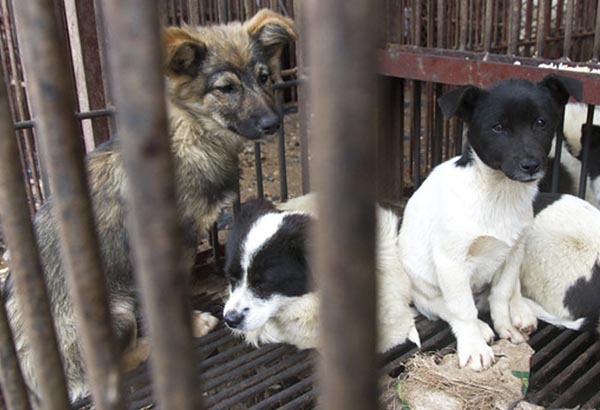
WHAT YOU CAN DO: It’s because of this danger that the scientific community has been pushing for the closure and regulation of these markets, and why Animal Equality has launched a campaign asking the United Nations to ban them worldwide. Please
HELP US BAN WET MARKETS FOREVER! SIGN THE PETITION NOW.

